
The most important issue is that of judging others. We should be very wary of that. In other words, the greatest toll-house we have to get through will be that of passing judgement on others.

The most important issue is that of judging others. We should be very wary of that. In other words, the greatest toll-house we have to get through will be that of passing judgement on others.
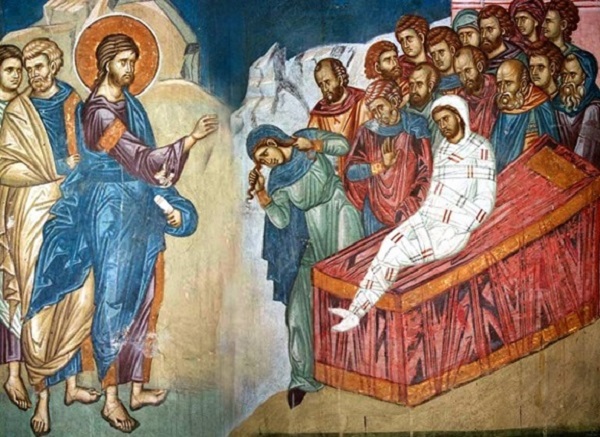
In the course of His earthly travels and in the context of teaching about the coming of the Kingdom of God, Jesus performed many miracles. In the Gospel reading for the third Sunday of Luke, we see how a miracle performed by Our Lord Jesus Christ actually unfolded. During his ministry, Jesus travelled to towns and villages, where he taught and worked wonders. The Lord had no sooner approached the gates of the city of Nain, together with the crowd of people who accompanied Him, than He was met by a procession leaving the town, accompanying a dead young man. The small town was deeply sad. A stricken mother was walking behind her precious, only son towards his last resting-place. ...

When you want to know God’s will, set your own aside, together with any other thought or plan and, with great humility ask to become aware of it in your prayers. Then, whatever is formed or bears weight in your heart will be from God. Those who have greater boldness and practice in praying for this hear the instruction more clearly within themselves and become more careful in their lives, doing nothing without divine instruction.
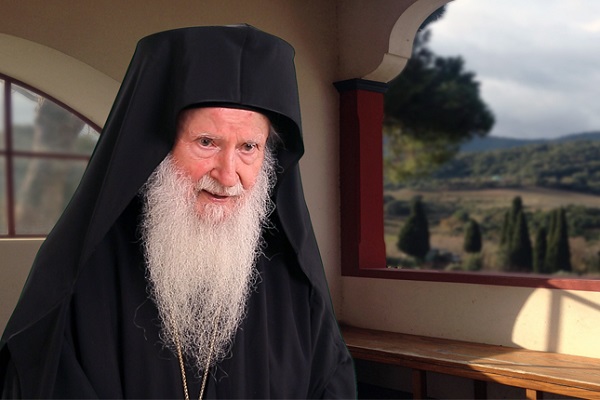
In today’s passage, from the Apostle Paul’s Second Epistle to the Corinthians, a very unique experience is revealed. This was something that had never happened to anyone before! What was this experience? It was this: The Apostle Paul ascended to the third heaven, over all creation, and reached the spiritual realm in Paradise. He heard so much adoration in Heaven, but he could describe none of it to the people! The Apostle of Christ was in no hurry to announce this to the world. He kept it secret for fourteen years! Perhaps he never would have spoken of it, if his love for the Christians in Corinth had not compelled him to support them in the faith. What had happened? We ...
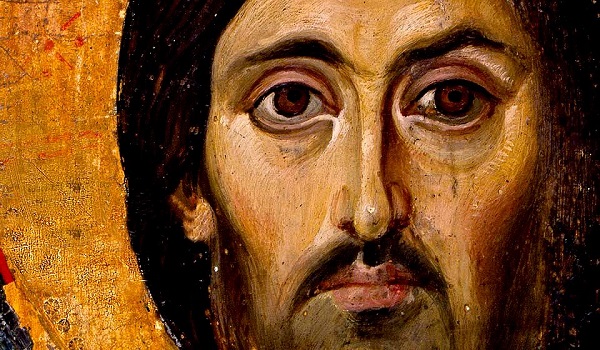
The following text which will be published in three parts, is Georgios P. Pavlos’s talk at the 8th International Conference of Orthodox Theology, Under the Auspices of the Ecumenical Patriarchate “The Holy and Great Council of the Orthodox Church: Orthodox in the 21st century”. All Christians are watching today in agony and prayer the blessed struggle of the Patriarchate of Constantinople for the unity of all Christians and the transmission of Christ to all Nations and all people. Therefore, I dedicate this talk to the martyric Ecumenical Patriarchate of Constantinople in New Rome and to the martyric person of the Patriarch of Constantinople Bartholomew, who silently and in simplicity expresses this agony for the unity of the entire Christian world, no least ...

Avarice makes many people unjust, in the hope of acquiring wealth, and it becomes the cause of much evil among people. It’s a passion of the soul that causes a thirst for gold, and that eats away at it no matter how much gold is amassed. Avarice is a master at poverty, because it enriches itself but not those who have it. They are left lacking and, essentially, impoverished.

Instead of starting with ourselves, we always want to change others first and ourselves last. If only we would all start with ourselves, there’d be peace all around. Saint John Chrysostom says that no-one can hurt people who don’t hurt themselves- not even the devil himself. Do you see, we’re the architects, the sole architects, of our future.
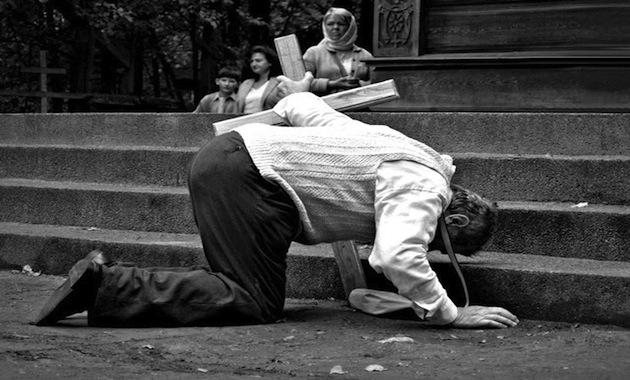
With Christ’s blood, everything was pacified, on earth and in heaven. The heavens were sanctified, the devil expelled. Now he’s where the people are whom he deceived. ‘Your will be done’ means; ‘May peace come to earth as it exists in heaven’.
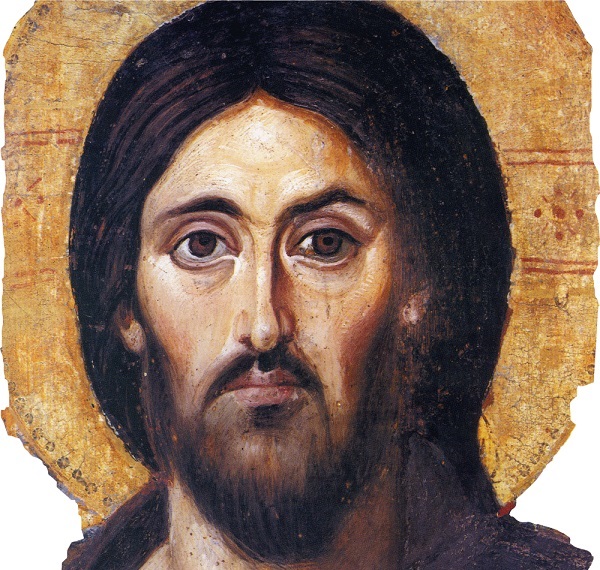
3. The anthropological unlocking as the universal paradigm of man’s constitution Our analysis of hesychast experience demonstrates its epistemological transparency. Now we come to the test of its anthropological full-bloodedness: is it possible to extend or generalize the principles found in hesychast anthropology to other domains of anthropological experience and eventually to the totality of the latter? First of all, hesychast anthropology opens the way to general anthropology of spiritual practices (its basics are presented in my works). The set of these ancient practices created by world religions is not big, but they are of considerable importance for understanding the phenomenon of man because they can be seen as schools of pure anthropological experience. The reconstruction of their anthropology is difficult since ...
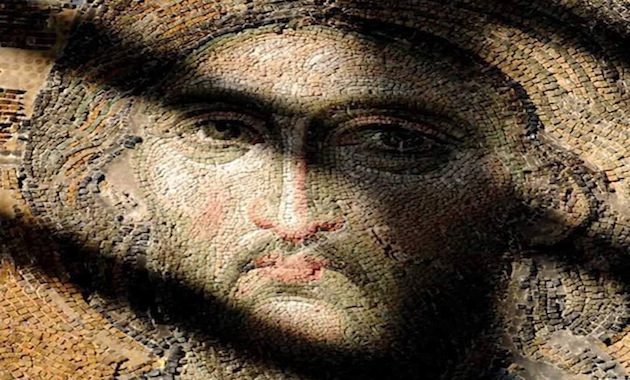
Believe that it’s just as or even more easy to understand God’s spiritual gifts as it is to breathe the air that gives you life or to eat and drink. Prayer is the breath of the soul, it’s its spiritual nourishment.

Satan pressurizes only because we allow him to, he triggers our passions and the bodily and spiritual urges of our nature. He creates opportunities for sin, always reminds us of the times we’ve fallen, but he doesn’t have permission from God to force us into sin, because then we’d have no guilt and nobody would be able to escape his snares. But if we fall willingly into a decline, if we’re attracted by the bait the devil dangles and give in to sin, then it’s not the devil who’s to blame, but we ourselves.

2. Hesychasm in the prism of anthropological reflection Synergic anthropology starts with the complete reconstruction of hesychast anthropology. Let us point out its principal elements and stages. Hesychasm is ascetical and mystical practice of Eastern-Christian (Orthodox) Christianity which begins to form itself up together with the emergence of Christian monasticism in the 4th c. in the practice of the Desert Fathers of Coptic Egypt and Palestine. It achieves its accomplished mature form in a thousand years, in Byzantium in the 14th c. Still in the Middle Ages it spreads all over Orthodox oikumene and then undergoing many crises and breaks continues its living existence up to our days. As an historical and anthropological phenomenon hesychasm (as well as any spiritual practice) represents ...
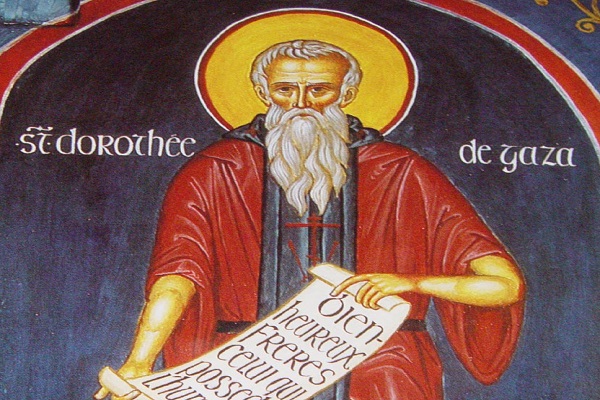
Abba Pimin was right to say that the sign of a true monk is how he reacts to temptation. According to the Wisdom of Sirach (2, 1), a monk who truly comes to work for God should prepare his soul against temptations, so that he won’t be surprised nor upset by anything, but will believe that whatever happens is because of God’s providence. Where God’s providence is, everything is good and everything that happens is for the benefit of the soul. Everything that God does for us, He does in our own best interest, because He loves us and spares us. As Saint Paul says (I Thess. 5, 18), we have a duty to be thankful for His goodness and ...
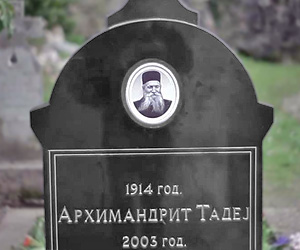
Unless you sacrifice your self for the sake of the slightest virtue or shed blood in order to receive the Spirit, you’ll never achieve virtue. This is how God arranged things, with his providential power: that we should gain eternal life through our voluntary death. Unless you die voluntarily, you’ll never achieve eternal life and you’ll become moribund. Those who don’t die a perfect death, by cutting off their own will, won’t enter the Kingdom of Heaven. » Elder Thaddeus of Vitovnica
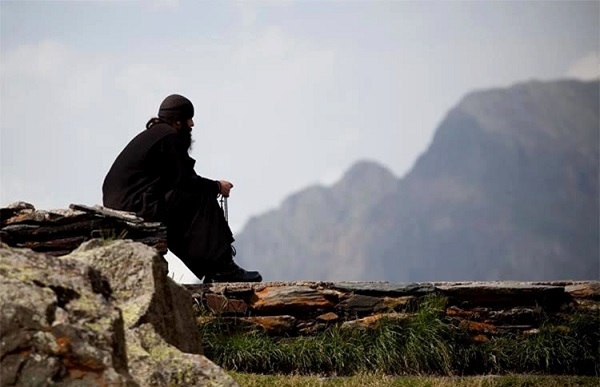
True autonomy is achieved through humility, in other words through the emptying of the self in order to make room for all others. The saints imitate the humility of Christ in His sacrifice on the Cross. The emptying of the self is the greatest Christian virtue. God raised Christ on high in return for His self-emptying and humility. This is why those who imitate Christ’s humility as a human person also partake in His elevation as God and human. It’s a grave mistake to isolate yourself from others, invoking autonomy in order to do so, because this actually leads to heteronomy, to being enclosed within yourself. All the virtues and gifts granted to saints are social in nature. This is why ...

If you don’t want to be enslaved to the passions and the devil on a daily basis, you have to set yourself an aim that you’ll always bear in mind and that you’ll try to achieve, overcoming all obstacles through the Lord’s assistance. What is this aim? The Kingdom of God. » Saint John of Kronstadt
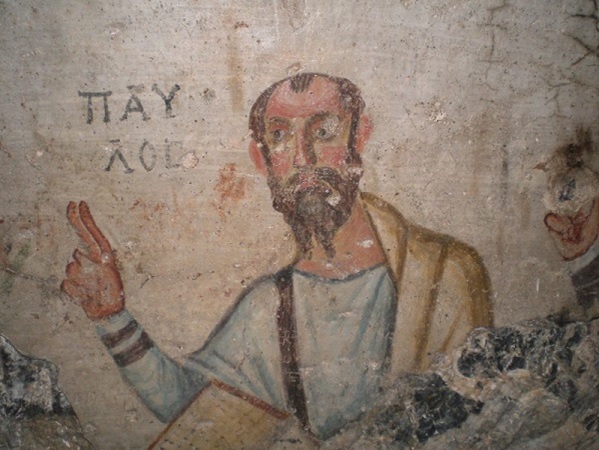
One of the worst of the notions prevalent in the secular outlook is the tactic of least effort. Those who espouse it- and unfortunately they’re in the majority- seek, with the least effort, or none if at all possible, to gain as much as they can, perhaps even the whole world. And this outlook is cultivated so that it pervades society as a whole. So we see school-children being taught that they can acquire knowledge without trying and that, if they don’t succeed in this, there are other, more devious ways to ensure a comfortable life. The very people who are responsible for the education of our children are concerned, not with how to promote education, but how to ensure that ...

A very interesting conference will take place on 12th and 13th October, in Rethymnon, Crete. The title of the conference is “Visions,Vows and Wonders: Religion and the Sea in the Eastern Mediterranean, 15th-19th centuries”. For further information about the conference program click here
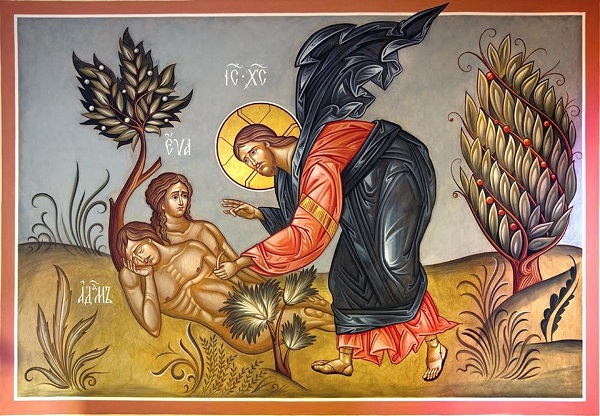
1. “The tiny rescued bit” What stands high on the agenda of modern philosophizing is radical anthropological reflection. The “overcoming of metaphysics” has been virtually completed in the last millennium, and together with classical metaphysics classical anthropology has gone that established the European conception of man based on three cornerstones: subject, essence, substance. Now all these three fundamental concepts are rejected, which happened, chiefly, due to the work of French thinkers of the last third of the 20th c. Evidently, anthropological reflection took place here, and it was intense and radical up to the limit. It presented harsh criticism of the foundations of European anthropological thought and aimed at their total deconstruction, and it accomplished this mission very successfully. Such a ...

Our moral us to take steps towards our salvation, because otherwise we’ll be lost. Formal recognition of our moral freedom by the Saviour teaches us that our salvation depends not only on the action of the Grace of God, but also on our own consent and simultaneous activity. » Saint Nectarios of Pentapolis